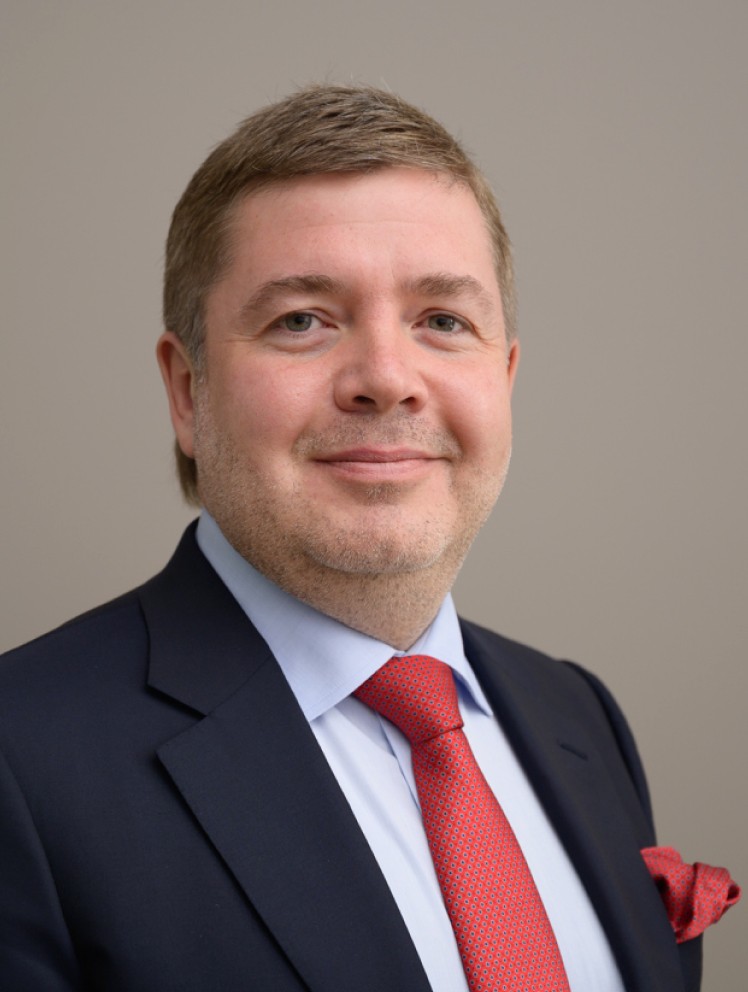The Question of Yukos in The Hague and Strasbourg
On 28 July, the Permanent Court of Arbitration in The Hague ordered the Russian government to pay former Yukos shareholders USD 50 billion. Three days later, the European Court of Human Rights in Strasbourg awarded them an additional USD 2.4 billion or EUR 1.9 billion. Dimitry Bulin, of the BBC Russian Service, published “Yukos in the Hague and Strasbourg: The Basics about the Case,” on 1 August 2014, that summarized the two proceedings.
The focus of the cases was the 2006 bankruptcy of Yukos that resulted when the Russian government confiscated the firm’s assets because of alleged tax fraud. The courts did not consider whether the taxes were justified but concluded that the government actions contributed to the bankruptcy of the firm. The Hague court focused on the provision prohibiting expropriation of assets in the Energy Charter Treaty, which Russia signed but did not ratify. The Strasbourg court centered on human rights, since there was no trial to determine whether Yukos had violated any law. The plaintiffs in The Hague were former shareholders; those in Strasbourg were Yukos affiliates in the United Kingdom, Armenia, and Netherlands.
Dimitry Magonya, the managing partner of ART DE LEX, explained that “the plaintiffs’ advantage was that they were numerous. The fact that one of them, Yukos, no longer exists was of no importance.
Some experts speculated that the Strasbourg court intentionally kept the compensation low in light of the stiff figure from The Hague court, but one of the judges at the European Human Rights Court, Andrew Bushev, told the BBC that the Strasbourg court had considered the amount of compensation before the court in The Hague had reached its decision. The Hague court noted that the Russian government was justified in claiming that Yukos had violated tax law. Bulin, the author of the article, pointed out that Russian companies in the 1990s and early 2000s often operated illegally, but it was only Yukos that the government punished.
The Russian government intends to appeal the findings of both courts, and the proceedings may continue for years. Even if the Russian government loses the appeals, it will be impossible to compel the Russian government to pay any compensation. Authorities could confiscate Russian assets abroad, Bulin noted, like aircraft or paintings on loan at exhibitions, but the process would be lengthy. Furthermore, such action requires the cooperation of national courts, which invites further litigation.
The article (in Russian) is available at http://www.bbc.co.uk/russian/international/2014/08/140801_yukos_strasbourg_court.shtml.
